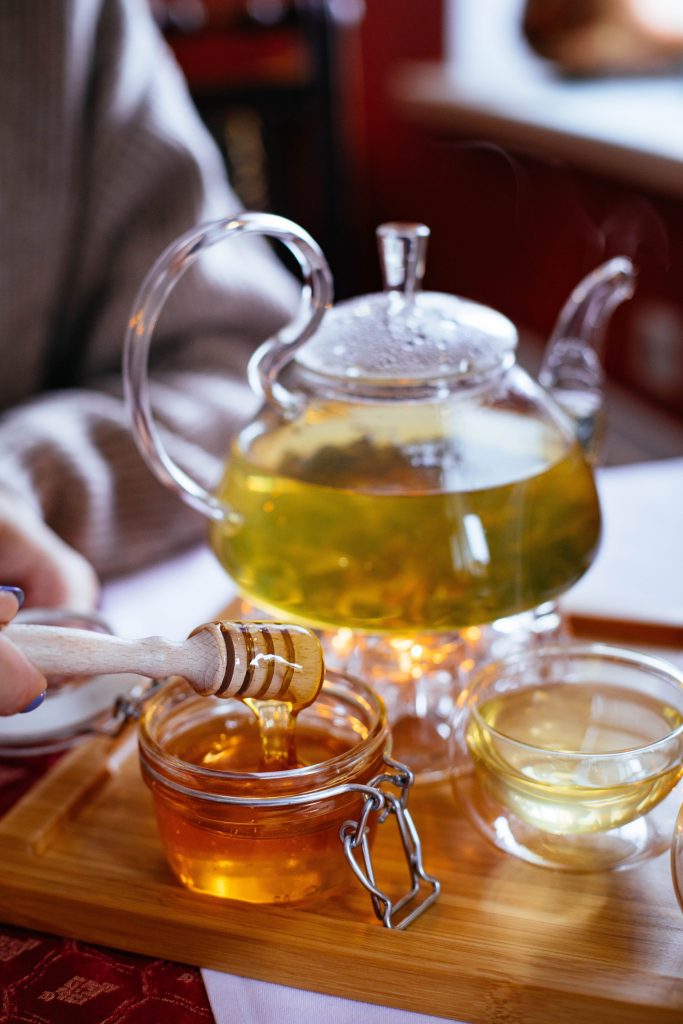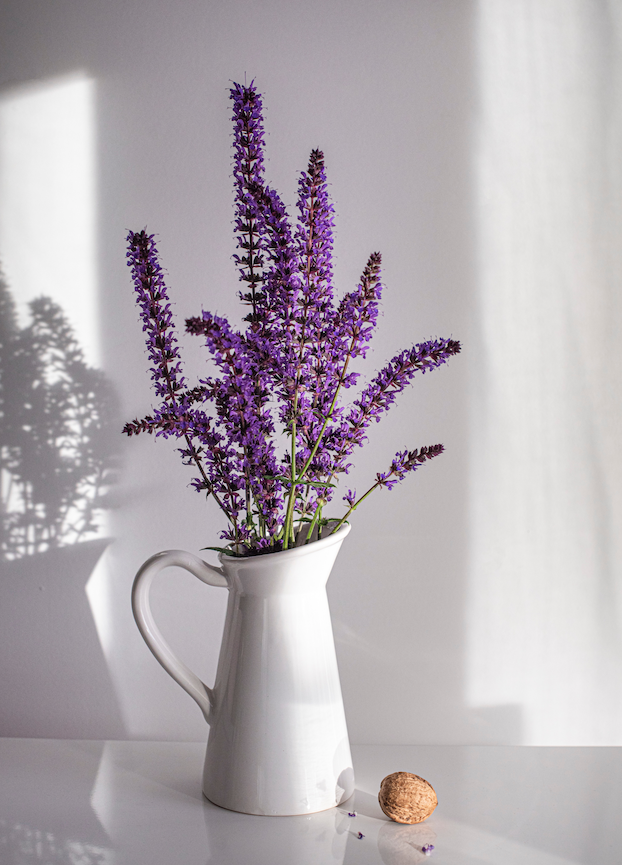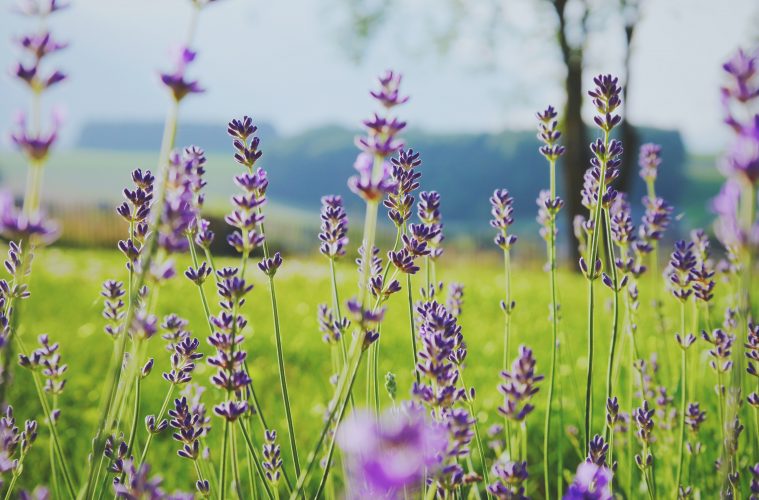These past few months have been vexing for many an allergy sufferer. Many of us have endured – sometimes even quite severe – symptoms we’ve never experienced before.
If you’re like me and you’re tired of popping antihistamines at every turn, worried about the side effects of taking them 2-3 times a day, perhaps it’s time to discover some natural antihistamines.
There are several natural remedies you can try to alleviate its symptoms. These remedies may not work for everyone, and it’s essential to consult with a healthcare professional before making significant changes to your allergy management plan, but we think it’s worth the shot.
Here are some natural remedies to kick your allergies to the curb:
Honey: Consuming local honey may help your body build tolerance to pollen from the area, potentially reducing seasonal allergies. Make sure the honey is raw and unprocessed for the best results.
Get it at Faithful to Nature

Image credit: Pexels
Quercetin: Quercetin is a natural plant compound found in foods like onions, apples, and berries. It has anti-inflammatory and antioxidant properties and can help reduce allergy symptoms.
Butterbur: Butterbur is an herb that has been used to treat allergies and migraines. It may work by reducing inflammation and blocking histamine, a chemical that triggers allergy symptoms. Be sure to use a butterbur supplement that is labeled as free of pyrrolizidine alkaloids, which can be harmful.
Get it at iHerb
Stinging Nettle: Stinging nettle is an herb that contains natural antihistamines and anti-inflammatory compounds. It can be consumed in tea or supplement form to help alleviate allergy symptoms.
Get Stinging Nettle Tea Bags from Dischem
Nasal irrigation: Using a saline solution to flush out allergens and irritants from your nasal passages can help relieve congestion and reduce allergy symptoms. You can use a neti pot or a saline nasal spray for this purpose.
Get it on Takealot
Essential oils: Some essential oils like lavender, eucalyptus, and peppermint may provide relief from allergy symptoms when diffused or diluted and applied topically. Be sure to follow safety guidelines when using essential oils.

Image credit: Unsplash
Probiotics: A healthy gut microbiome can help regulate the immune system and reduce the severity of allergy symptoms. Consuming probiotic-rich foods or supplements may be beneficial.
Acupuncture: Some people find relief from allergies through acupuncture. This traditional Chinese practice involves inserting thin needles into specific points on the body to stimulate energy flow and balance the immune system.
Vitamin C: Vitamin C is an antioxidant that can help reduce allergy symptoms by acting as a natural antihistamine. You can get more vitamin C from foods like citrus fruits, strawberries, and bell peppers or through supplements.
Lifestyle changes: Reducing exposure to allergens is crucial. Keep windows closed during peak pollen seasons, use air purifiers, and regularly clean your home to minimize allergen buildup.
Also, consider wearing a mask when doing outdoor activities on high pollen days.
Remember that what works for one person may not work for another, so it may take some trial and error to find the natural remedies that are most effective for your specific allergies. If your symptoms are severe or persist, consult with a healthcare professional for a proper diagnosis and treatment plan. They can also help you determine which natural remedies are safe and suitable for you.
ALSO SEE:
Feature image: Unsplash

